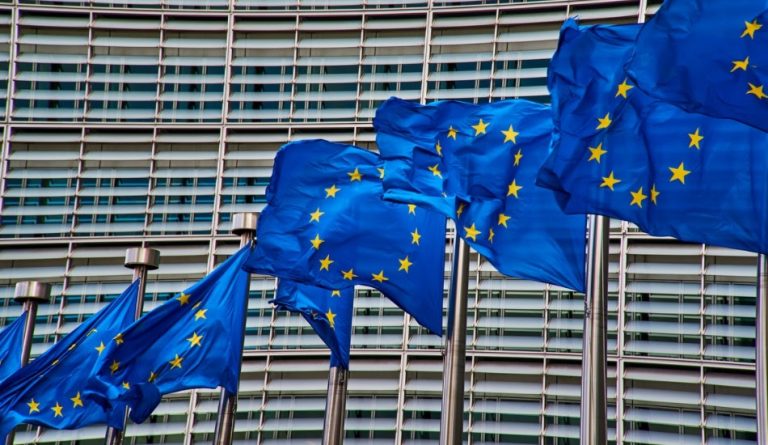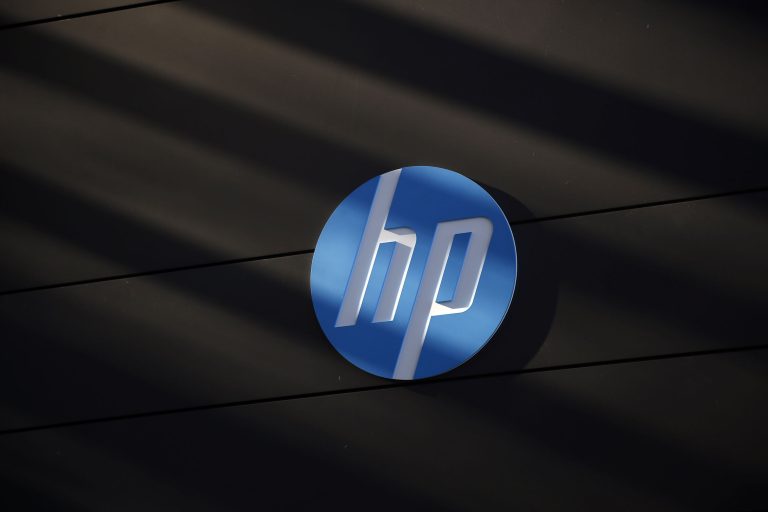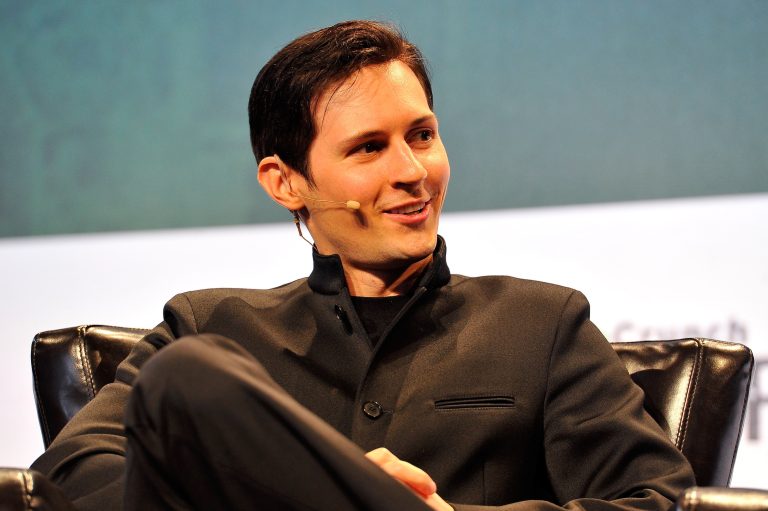President of the European Commission Ursula von der Leyen has demanded that the AstraZeneca vaccines manufactured in the UK be sent to the EU to help with shortfalls in production. The AstraZeneca vaccine is produced by four labs — two in Europe and two in the UK. Showing a contract between the EU and the vaccine supplier, Ursula said that the region was entitled to UK-produced vaccines to make up for its vaccine shortage. Commission spokesperson Eric Mamer supported her claims.
“We have always said that indeed there are a number of plants which are mentioned in the contract that we have with AstraZeneca, some of which are located in the UK, and it is foreseen that these plants will contribute to the effort of AstraZeneca to deliver doses to the European Union. There is absolutely no question for us that this is what the contract specifies,” he said in a statement.
British Prime Minister Boris Johnson said that he fully expects the AstraZeneca-EU contract to be facilitated. Since the contract promised to provide 2 million vaccines a week, these obligations will be fulfilled “as quickly as possible.”

The argument was triggered when AstraZeneca announced that it could not fulfill its initial vaccine quota to the EU due to production problems in its Belgian plant. Though it is manufacturing millions of doses in Britain, the vaccines will not be redirected to the EU until it fulfills the amount owed to the UK.
The company’s CEO pointed out that British plants were the most productive as they had a head-start on production. In contrast, European plants had lower productivity as they began manufacturing afterward. Though AstraZeneca offered an extra eight million vaccines to the EU, the block rejected them and demanded that the company fully honor the obligations mentioned in the contract.
Success
You are now signed up for our newsletter
Success
Check your email to complete sign up
Pfizer vaccines blocked from distribution in the UK
The EU imposed an export ban, then later withdrew it due to the public outcry. The EU had invoked the Northern Ireland Brexit emergency powers to prevent vaccines manufactured in the region to be sent to other nations. This aimed to block the Pfizer vaccines produced in Europe from being sent to the UK to pressure London to share its AstraZeneca vaccines.
But after Ireland and Britain lodged a complaint, the EU reversed the decision and withdrew the ban. EU officials admitted that the initial decision was a mistake since Brexit negotiations prohibit placing controls at the border.
“It’s a lot better to realize early on that something might be a problem and to change it than to stick to your guns and dig a hole for yourself… As soon as it became apparent that there would be a political difficulty and sensitivity there, in particular on the Irish and Northern Irish side, we decided to take it out,” an EU official said in a statement.
The European Union has ordered 300 million doses of the AstraZeneca vaccine with an option to order another 100 million doses. EU leaders are under pressure as the region’s vaccination campaign has gone far slower than expected, lagging behind countries like Britain that have surged ahead with the inoculation drive. European media has blamed the vaccine crisis on the European Commission. A German paper has called the entire drama “the best advertisement for Brexit.”
Follow us onTwitter or subscribe to our email list







